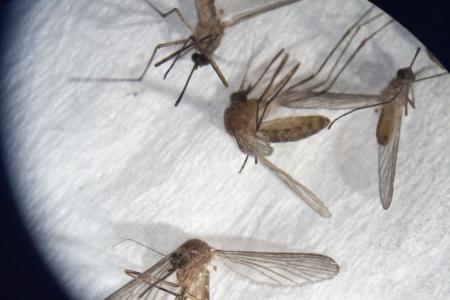Washington High School Students Gain a Global Health Perspective
High school students around the state of Washington have the opportunity to gain college experience and credit in a variety of courses ranging from Computer Science 142 to Global Health 101 through the UW in the High School program. Tami Carabello, a teacher at Glacier Peak High School in Snohomish, recently taught the Global Health 101: Introduction to Global Health: Disparities, Determinants, Policies and Outcomes course to her 11th and 12th grade students.


